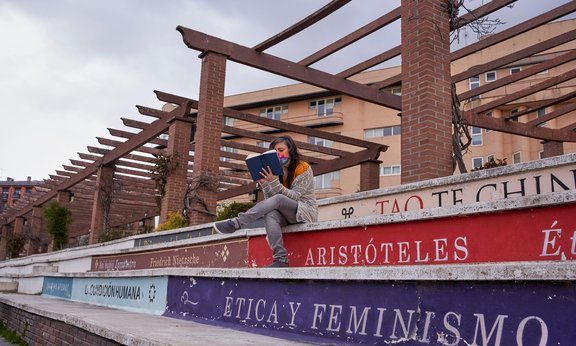Master’s Programme Catholic Religious Education
Would you like to study religion and worldview in secondary schools and education?
The students of the Master’s Degree Programme in Catholic Religious Education deepen their practice-oriented knowledge in theology and teaching religious education. Special emphasis is placed on qualifying students for religious instruction at all types of schools as well as for leading positions in adult education as well as counseling and pastoral care. In this programme education, pastoral care, pedagogy and leadership are seen from a theological perspective while also being considered from various other points of views. Students gain further communication, interdisciplinary and interfaith competencies.
Students acquire fundamental knowledge of education as well as Catholic theology pedagogy and undertake practicum sessions in schools. With the completion of the programme, graduates acquire the admission requirements for the Doctoral Programme in Catholic Theology.
Please note: the language of instruction for this programme is German.
Study Code
UC 066 793
FAQ
The graduates can perceive theological and religious pedagogical problems and deal with them in a subject-specific competent manner. They have the ability to discourse on socially relevant questions of religion and worldview, including aspects of diversity and gender.
They can professionally communicate points of view based on theological and religious pedagogy in the sectors of school, education and pastoral care and design and lead (inter) religious educational and dialogue processes in a pluralism-sensitive manner.
The Master’s Programme in Catholic Religious Education offers an advanced theological and religious training with special focus on religious education and adult education, counselling and pastoral care.
The study programme is marked by a theological and multi-perspective understanding of education and didactics and promotes the graduates’ communicative, interdisciplinary and interreligious competences. The general principles of educational science, subject-didactics and the pedagogical studies in connection with the school practice, complement the subject-scientific education.
The Master’s Programme in Catholic Religious Education prepares students for professions in educational institutions, in church and social institutions, but also in the public, which require full academic and theological training with a focus on (religious) educational or pastoral competence.
The degree is linked to very good career prospects and a wide range of career opportunities.
Graduates tracking: Shows which occupational fields students enter after graduation
Doctoral Programme
More offers
Faculty of Catholic Theology Examination Office Information for students with disabilities
Curriculum
From the field
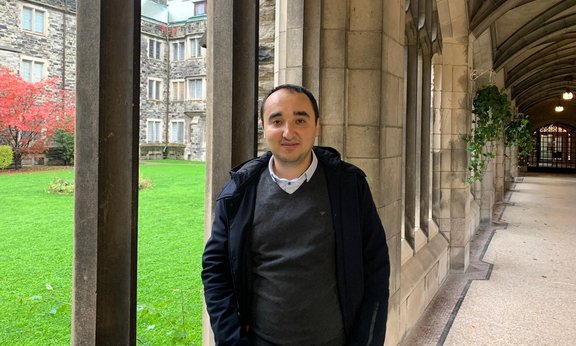
Auszeichnung für wissenschaftliche Leistung
Ass.-Prof. Mehmet H. Tuna vom Institut für Islamische Theologie und Religionspädagogik der Universität Innsbruck erhält den begehrten „Artikel des Jahres“ in der renommierten Zeitschrift British Journal of Religious Education.
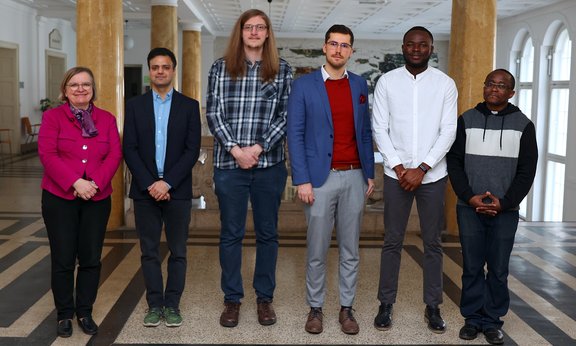
Acht Doktoratsstipendien vergeben
Ende Februar 2023 wurde die dritte Tranche der Doktoratsstipendien aus der Nachwuchsförderung 2022 im Archäologischen Universitätsmuseum im Hauptgebäude vergeben. Acht Dissertant*innen aus sieben Fakultäten können sich über eine Förderzusage freuen.
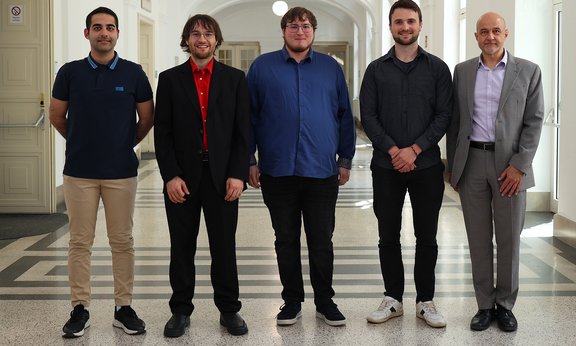
Sieben Doktoratsstipendien verliehen
Anfang Juni 2023 wurde die erste Tranche der Doktoratsstipendien aus der Nachwuchsförderung 2023 in der Aula im Hauptgebäude vergeben. Insgesamt sieben Dissertant:innen aus sechs Fakultäten können sich über eine Förderzusage freuen.
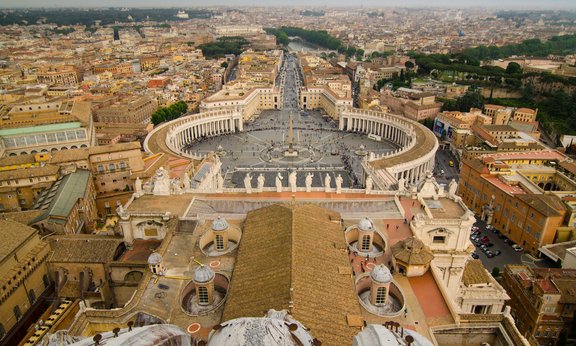
Rom: Namensliste von 1943 in kirchlichen Häusern Geretteten wiederentdeckt
Im Archiv des Päpstlichen Bibelinstituts in Rom wurde eine unpublizierte Dokumentation von Personen entdeckt, die in kirchlichen Häusern Roms vor der nationalsozialistischen Verfolgung Zuflucht suchten – vor allem Jüdinnen und Juden. Federführend beteiligt war der Innsbrucker Theologe Prof. Dominik Markl.
Related studies

Islamic Theological Studies (Master)
Master of Arts

Catholic Religious Education (Master)
Master of Arts



